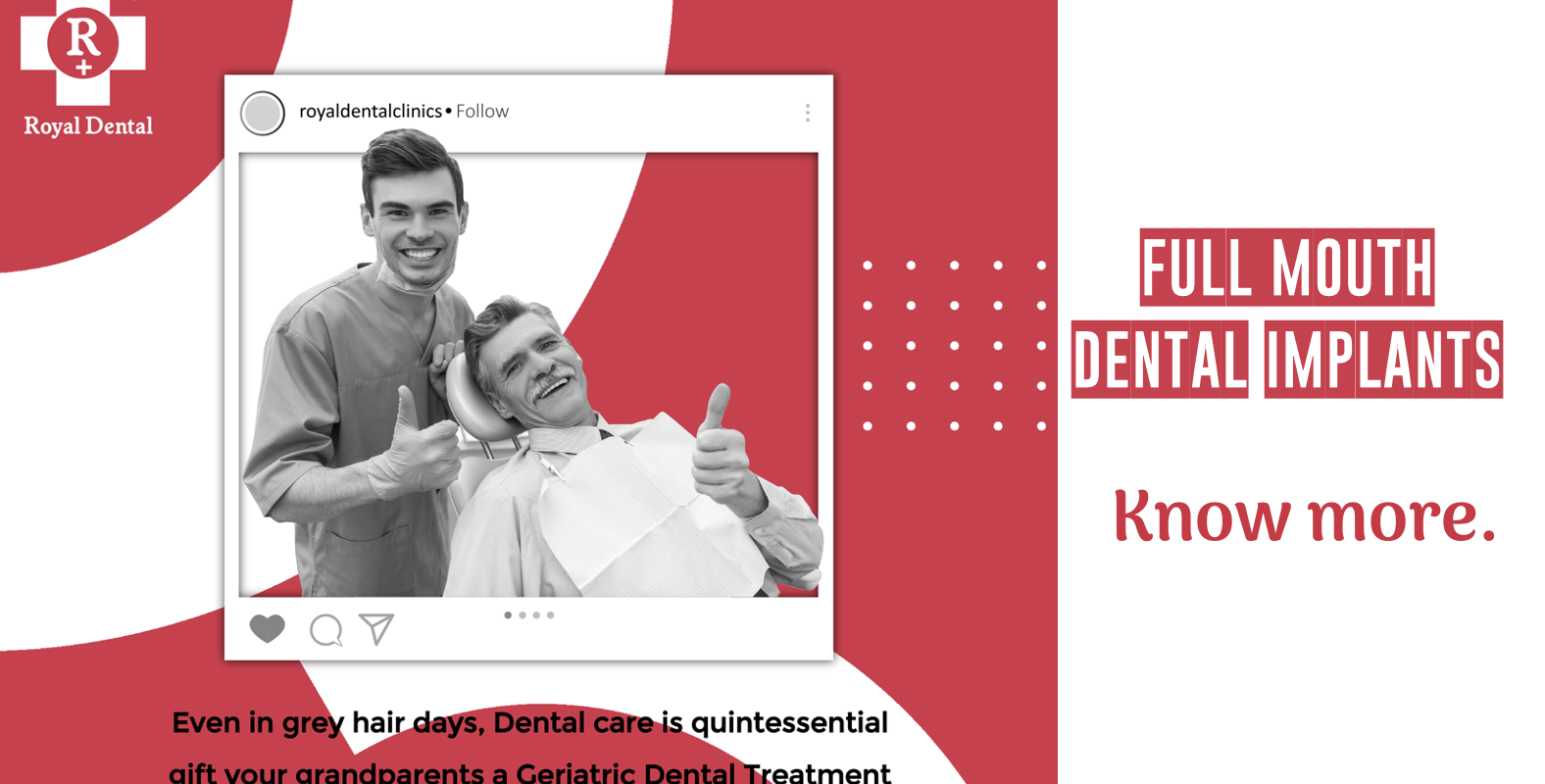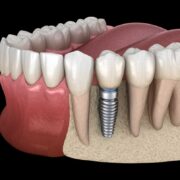After you’ve gone through the process of receiving an implant and the subsequent healing period, it can be easy to get excited about getting on with your life. You might even look forward to resuming your usual activities. However, before you dive back in headfirst, there are some considerations that need to be addressed after dental implant placement. There are a number of factors to consider when it comes to resume your normal lifestyle after having an implant placed. When it comes to questions about what activities you should avoid for the first few weeks or months after implant placement, the answers may not necessarily be as straightforward. In this blog post, we’ll explain everything you need to know about resuming normal activities after missing tooth dental implant placement.
What is a Dental Implant?
Dental Implants are away to replace missing tooth with something that looks, feels and mimics a natural tooth. Neither you nor anyone else can tell the difference. Dental Implants have been around since the 1950’s and in last 10 years have been perfected where is A.D.A (American Dental Association) acceptance and a very high rate of success. Dental Implants are the treatment of choice to replace your missing teeth. Implants are life like teeth that are placed in your mouth.
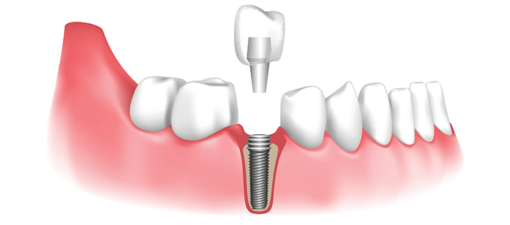
They provide a stable fit that improve appearance, speech, comfort and the ability to chew and enjoy food. Many people regret losing some or all of there teeth. In the past, conventional dentistry has not always provided an acceptable replacement for these lost teeth until now. Removable denture plates, partials and bridges have always been a compromise when replacing lost teeth with Dental Implants. You can have life-like teeth again, just like when you were 18-year-old.
Are Dental Implants expensive?
No, actually a single tooth replacement can be the same or less expensive than a conventional bridge. Most Definitely! The Mayo Clinic at USA did a study that demonstrated that people with there teeth as opposed to people without fixed teeth lived an average Ten Years Longer.
Are Implant successful?
YES, they are very successful. The success rate has reached as high as 95% over a five-year period and 90% over a ten-year period. This is more successful than other forms of dentistry.
Are dental implants painful?
No, dental implants are much less uncomfortable than having tooth pulled. Most patients go back to work the next day and reports only mild discomfort.
What can you do after dental implant placement?
There is no reason to remain idle during the healing process, especially if you are someone who is used to being active. In general, you’ll want to avoid activities that involve putting excessive force on the gums and jaw. To determine what is and isn’t permissible, you’ll want to consider several factors, including:
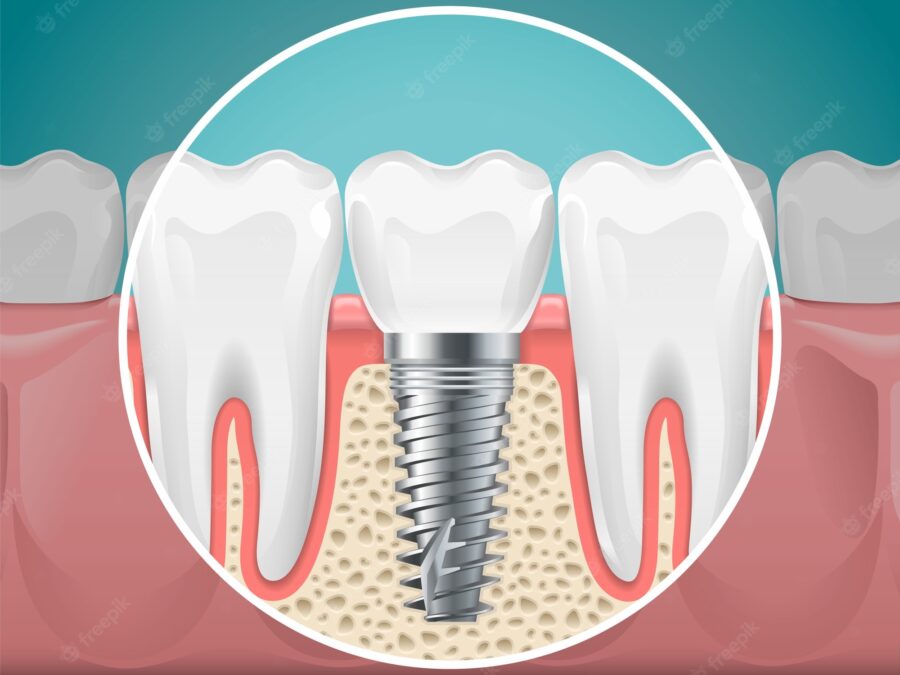
The type of implant (i.e., single-or multiple-implant placement) .
The type of procedure the implant was placed alongside.
Whether it was a gum graft or gum flap procedure, or tooth extraction.
The healing time associated with the procedure(s) your implant was placed alongside.
Your state of health, including your general immunity, blood pressure, and blood sugar levels
How to maintain Oral hygiene after dental implant?
- No rinsing of any kind should be performed until the day following surgery.
- 48hrs after surgery gently rinse mouth with a solution of one-half teaspoon of salt dissolved in a glass of 4 ounces of warm water at least 5-6 times a day, (morning, after each meal, and before bed) for 2 weeks.

- You may also resume regular tooth brushing, but avoid disturbing the surgical site. You may brush all of your teeth with the exception of the implant or bone graft sites starting the day after your surgery.
- After 4 weeks, you can start brushing the implant, implant abutments, or bone graft sites with a soft toothbrush, be gentle initially with brushing the surgical areas.
What Food Diet to follow?
- No straws, smoking, spitting, or carbonated beverages for one (1) week.
- No abrasive foods such as chips, popcorn, seeds, and nuts.
- For the first six (6) hours or until the numbness wears off, eat soft foods such as a milkshake, smoothie, yogurt, ice cream, pudding, applesauce, mashed potatoes, or creamy soup. You may eat anything soft by chewing away from the surgical sites. High calorie, high protein intake is very important.

- After the first six (6) hours or when the numbness wears off, eat soft foods such as pasta, macaroni, and cheese, pancakes, eggs, or cooked vegetables.
- You should prevent dehydration by taking fluids regularly. You should compensate for this by increasing your fluid intake. Try not to miss a single meal. You will feel better, have more strength, less discomfort, and heal faster if you continue to eat.
What activities to avoid after dental implant placement?
Your dental implant is a foreign body that needs time to integrate and fuse with the surrounding soft tissues and bone. While an implant is healing, you’ll want to avoid strenuous activities that could cause trauma to the soft tissues, such as contact sports, jumping, or heavy lifting. As this is the time of greatest risk for infection or complications.
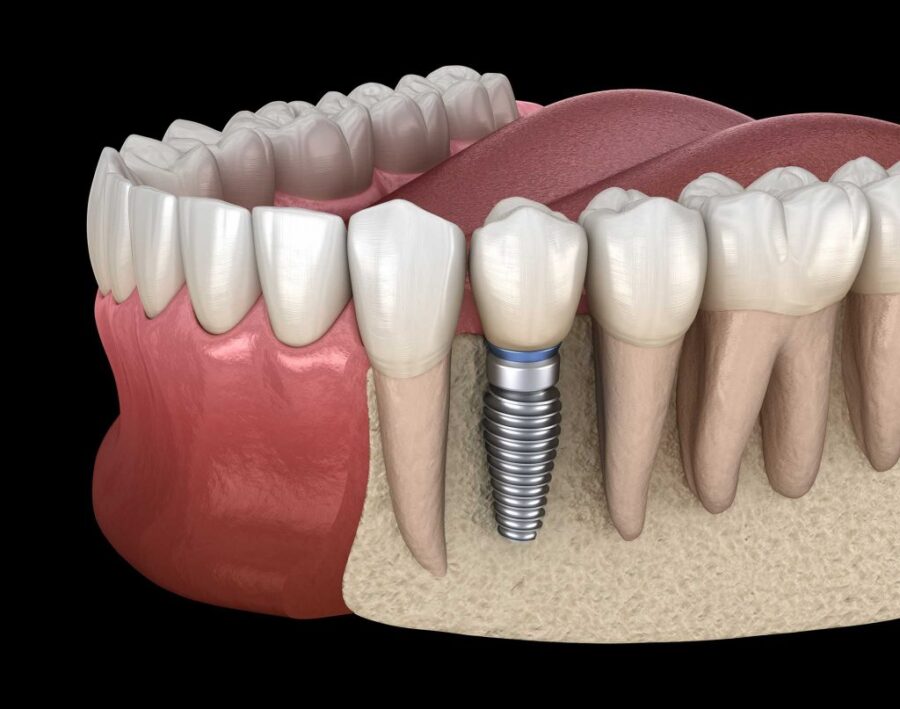
You should also avoid activities that would expose your implant to open water or other sources of bacteria. Brushing your teeth vigorously and/or with excessive force should also be avoided, as it could dislodge the implant and cause complications. You should also avoid chewing extremely hard or tough foods, as this may damage your new teeth and gums.
Dental implants are exceptionally strong and make excellent replacements for missing teeth. Made from small, titanium posts, dental implants are placed into the jawbone to act as artificial tooth roots. As they heal, they fuse with the surrounding bone in a process called osseointegration. This process is what gives dental implants their strength and allows them to support different types of dental prosthetics.
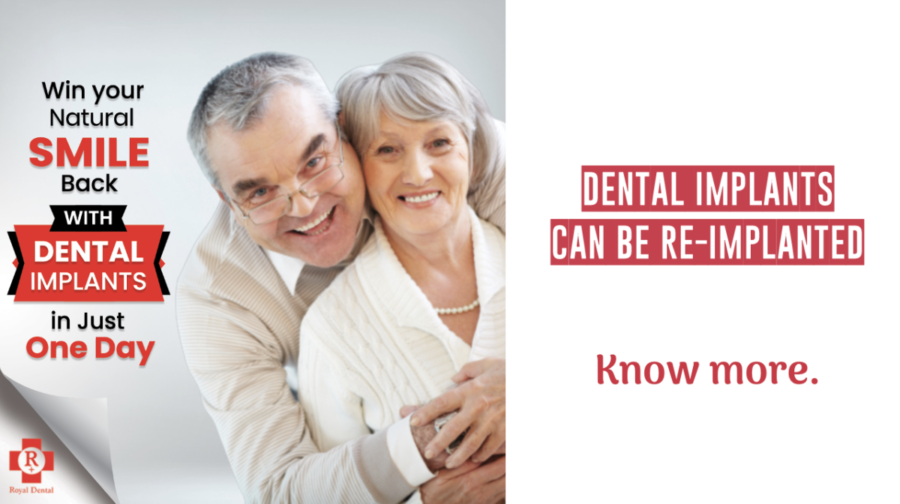
The type of dental prosthetic used in coordination with a dental implant will depend upon the number of missing teeth, as well as the overall treatment goals. Dental implants can support dental crowns, bridges, or dentures. All-on-four implants use four dental implants strategically placed to support an entire arch of fake teeth.
All-on-four dental implant
Although treatments like all-on-four implants may give you teeth in a day. In fact, dental implants are not that strong until they have begun to fuse with the surrounding bone. Therefore, after implant surgery. There are a few things you will want to avoid to ensure that your implants heal successfully. The four implants support a fixed prosthesis with 10 to 14 teeth, and it is placed immediately, typically within 24 hours of surgery.
Full Mouth Reconstruction
Full mouth reconstruction is a procedure that combines several dental procedures. Including tooth extraction, soft and hard tissue grafting, and dental implant placement. If you’re receiving implants for the first time during full mouth reconstruction, you’ll want to follow these guidelines.
You should hold off on brushing your teeth until your implants have been placed and have healed. If You should avoid eating hard or tough foods until your implants have healed and your new teeth have been placed. You should avoid excessive pressure on your gums and jaw until your implants have healed and your new teeth have been placed.
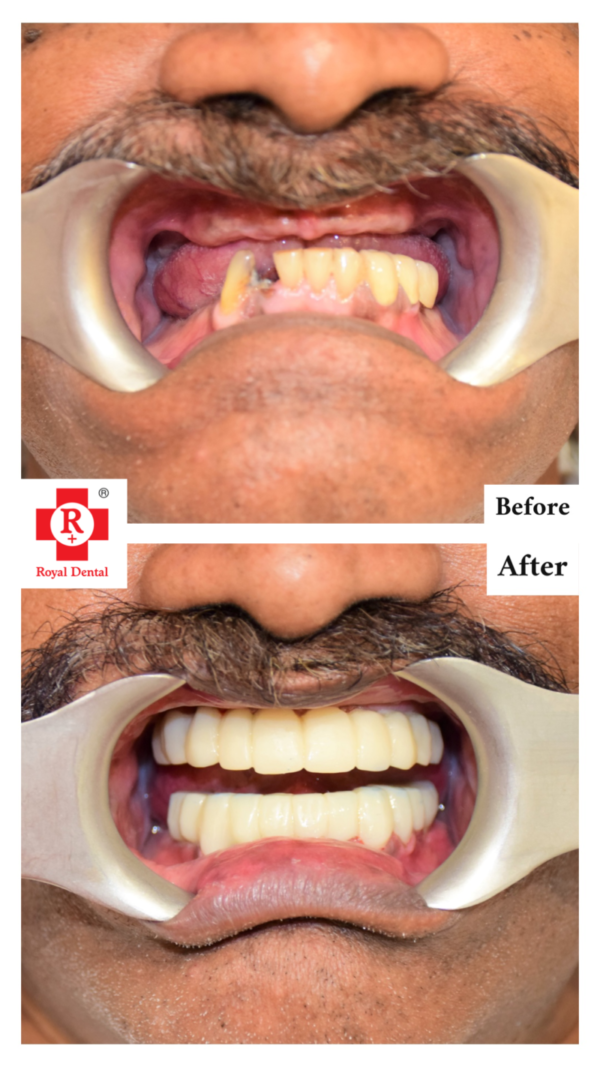
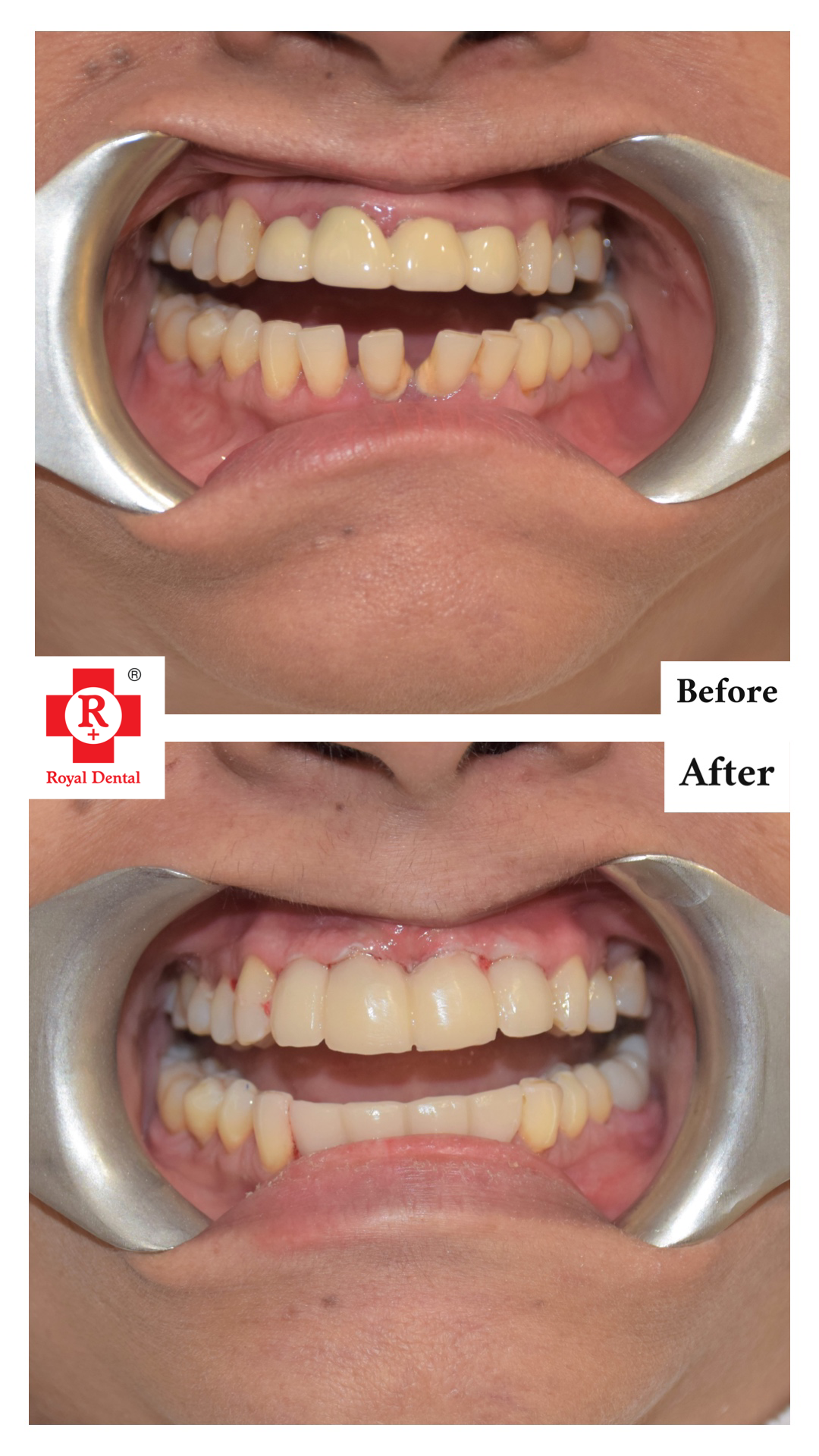
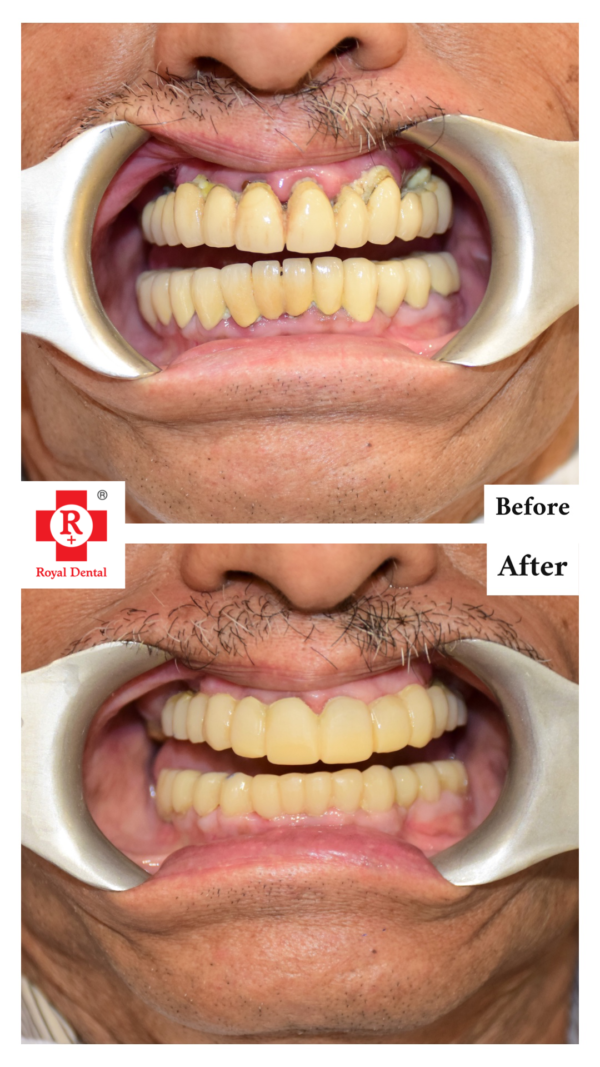
Dental prosthesis placement and stain
Although dental prosthesis placement is a common procedure in the context of a single-implant scenario. You should wait until the area around your implant has healed before placing your dental prosthesis; an average healing time of three to six months is standard. You should avoid eating foods and beverages that are particularly staining, such as coffee and red wine.
Conclusion
When it comes to resuming normal activities after dental implant placement, there are a few factors you’ll want to consider. A tooth extraction, or other types of procedures. You’ll also want to consider your state of health and immunity. As well as your general blood pressure and blood sugar levels. Once you’ve considered these factors, you’ll have a clearer idea of when you can return to your normal everyday activities.
Follow Us For More Updates
